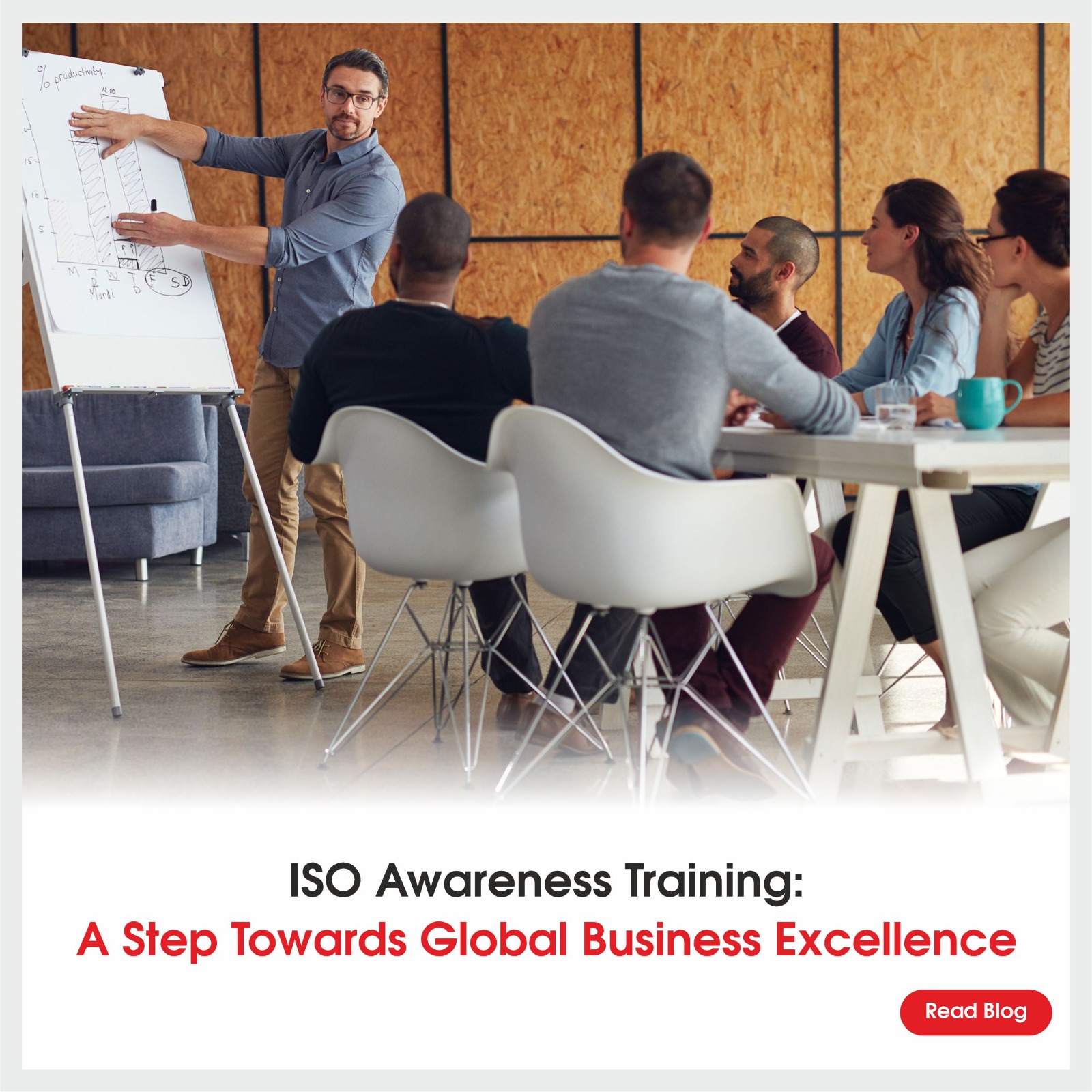Apply Online ISO CERTIFICATION IN CAMBODIA
CONTACT WITH US
ISO Certification in Cambodia
ISO certification in Cambodia has gained significant importance as businesses strive to enhance their credibility and boost operational efficiency. The International Organization for Standardization (ISO) formulates and disseminates international standards that ensure quality, safety, and efficiency across various sectors. In Cambodia, acquiring ISO certification can greatly benefit companies by showcasing their dedication to high standards of quality management.
Numerous ISO certifications are available, including ISO 9001 for quality management systems, ISO 14001 for environmental management, and ISO 45001 for occupational health and safety. Each of these standards addresses different facets of business operations, enabling organizations to select the certification that aligns with their specific objectives.
The journey to achieving ISO certification typically involves a comprehensive evaluation of existing practices against the requirements of the relevant standard. This often includes internal audits, employee training, and the implementation of necessary modifications to ensure compliance. Once an organization successfully meets these criteria, it can apply for certification through an accredited body.
In Cambodia, the increasing focus on quality assurance is motivating more businesses to pursue ISO certification as a means to enhance competitiveness in both local and international markets. By investing in this accreditation process, companies not only improve their operational capabilities but also foster trust among customers and stakeholders.
Importance of ISO Certification in Cambodia
ISO certification plays a vital role in enhancing the quality and credibility of businesses in Cambodia. As global markets become more competitive, obtaining ISO certification signifies a commitment to upholding high standards in products and services. This international recognition not only boosts consumer confidence but also creates new opportunities for trade and collaboration.
In Cambodia, where many sectors are still evolving, ISO certification can act as a significant differentiator. It assists local companies in aligning their processes with internationally recognized standards, thereby improving efficiency and operational effectiveness. Furthermore, certified organizations often experience reduced costs associated with waste and rework due to enhanced quality management practices.
Additionally, ISO certification can improve marketability for Cambodian businesses aiming to export goods or services. Many international buyers prefer or even mandate that suppliers possess ISO certification as part of their procurement process. By achieving this certification, Cambodian companies can enhance their competitiveness on the global stage while contributing to the overall economic development of the country.
Benefits of ISO Standards for Various Industries in Cambodia
ISO standards play a crucial role in enhancing the business landscape across various sectors in Cambodia. These standards provide a structured approach that assists businesses in streamlining operations, improving quality, and gaining a competitive advantage in both local and international markets. Here are the key benefits of ISO standards for industries in Cambodia:
Enhanced Quality and Consistency: ISO standards ensure uniform product and service quality, increasing customer satisfaction and trust. Industries such as manufacturing, construction, and hospitality benefit from maintaining high-quality standards.
Global Market Access: Attaining ISO certification opens avenues for international trade, enabling Cambodian businesses to export their products worldwide. This is particularly advantageous for agriculture, textiles, and export-driven sectors.
Increased Operational Efficiency: ISO standards aid in identifying process inefficiencies, minimizing waste, and optimizing resources, making businesses more productive and cost-effective.
Risk Management and Compliance: ISO standards like ISO 45001 (Occupational Health and Safety) and ISO 14001 (Environmental Management) assist organizations in adhering to legal requirements and mitigating health, safety, and environmental risks.
Strengthened Business Reputation: Certification to ISO standards serves as a mark of credibility, helping businesses forge strong partnerships and enhance client trust.
Employee Satisfaction and Safety: Implementing ISO 45001 ensures a safe working environment, boosting employee morale, reducing absenteeism, and improving overall productivity.
Innovation and Continuous Improvement: ISO standards promote a culture of continuous improvement, driving innovation in sectors such as technology, healthcare, and manufacturing.
Effective Information Security: ISO/IEC 27001 helps IT and finance sectors safeguard sensitive information, preventing data breaches and maintaining confidentiality.
ISO standards are not merely certifications but strategic tools that promote growth, sustainability, and competitiveness for businesses across Cambodia. Embracing these standards can transform industries, making them resilient and prepared for the future.
Various ISO Standards Required by Different Industries in Cambodia
Cambodia is progressively emerging as a key player in the Southeast Asian economy, with flourishing sectors such as manufacturing, agriculture, tourism, construction, textiles, and logistics. To ensure quality, safety, and compliance, businesses in Cambodia adopt internationally recognized ISO standards. These standards not only assist companies in enhancing operational efficiency but also bolster their reputation in global markets. Here are the major industries in Cambodia and the essential ISO certifications they require:
ISO 9001:2015 – Quality Management System (QMS)
Widely adopted across manufacturing, construction, and service industries, ISO 9001 helps businesses streamline their processes, minimize errors, and enhance customer satisfaction. It is vital for companies aiming to expand into international markets while maintaining quality and consistency.
ISO 14001:2015 – Environmental Management System (EMS)
With a growing emphasis on environmental protection, sectors such as textiles, agriculture, and construction benefit from ISO 14001 to reduce environmental impact, minimize waste, and comply with environmental regulations. It also aids companies in demonstrating corporate responsibility and attracting environmentally conscious investors.
ISO 45001:2018 – Occupational Health and Safety Management System (OHSMS)
High-risk sectors like construction, manufacturing, and mining prioritize worker safety through ISO 45001. Implementing this standard reduces workplace accidents, lowers liability, and enhances employee morale, resulting in improved productivity and legal compliance.
ISO 50001:2018 – Energy Management System (EnMS)
Industries such as textiles, manufacturing, and agriculture face significant energy consumption. ISO 50001 assists these sectors in optimizing energy use, lowering costs, and achieving sustainability objectives. It also supports businesses in meeting international energy efficiency standards.
ISO 22000:2018 – Food Safety Management System (FSMS)
Cambodia’s agricultural and food processing industries rely on ISO 22000 to uphold food safety, control hazards, and ensure compliance with global food standards. Implementing this standard boost consumer trust, expands market reach, and mitigates risks of foodborne illnesses.
ISO/IEC 27001:2022 – Information Security Management System (ISMS)
With the rise of digitalization, IT services, financial institutions, and e-commerce platforms benefit from ISO 27001 to protect sensitive data, prevent cyber threats, and ensure business continuity. It helps businesses build customer confidence by effectively safeguarding information.
ISO 37001:2016 – Anti-Bribery Management System (ABMS)
The construction, government projects, and financial sectors in Cambodia face corruption risks. ISO 37001 aids organizations in implementing effective anti-bribery measures, fostering an ethical culture, and complying with international anti-corruption laws, thereby reducing legal and reputational risks.
ISO 13485:2016 – Medical Devices – Quality Management System (MDQMS)
As the healthcare and medical device industries expand, ISO 13485 ensures the production of safe and effective medical devices, meeting global regulatory standards. It is essential for manufacturers of diagnostic tools, surgical instruments, and healthcare products.
CMMI (Capability Maturity Model Integration)
The IT and software development sectors in Cambodia utilize CMMI to enhance process efficiency, optimize performance, and improve project management. It helps businesses deliver high-quality products, mitigate risks, and gain a competitive advantage in the technology sector.
VAPT (Vulnerability Assessment and Penetration Testing)
To combat rising cyber threats, IT companies and financial institutions conduct VAPT to identify and address vulnerabilities. Regular assessments strengthen data security, minimize the risk of cyberattacks, and ensure compliance with data protection laws.
ISO 13485:2016 – Medical Devices – Quality Management System (MDQMS)
Thailand’s healthcare and medical device manufacturing industries must meet strict safety and quality regulations. ISO 13485 ensures that medical devices meet international safety standards, regulatory requirements, and customer expectations. This certification is crucial for manufacturers producing diagnostic equipment, surgical instruments, and other healthcare products. By implementing ISO 13485, companies can enhance product reliability, improve patient safety, and expand market reach.
HIPAA
The Health Insurance Portability and Accountability Act of 1996, commonly known as HIPAA, is a set of regulatory guidelines governing the proper use and sharing of protected health information. The Department of Health and Human Services (HHS) regulates HIPAA compliance, and the Office for Civil Rights (OCR) enforces it. One of the most significant advantages of HIPAA is that it allows companies to focus on the security of their physical infrastructure, such as where and how servers, computers, and PHI should be housed. Surveillance cameras, alarm systems, and other physical security measures are also in place.
HITRUST
After implementing a HITRUST security program and attaining certification, organizations in Cambodia that lack a formal security program or have a loose set of security controls will have improved security requirements. Embracing these ISO standards enables Cambodian industries not only to meet international benchmarks but also to promote sustainable growth, enhance competitiveness, and ensure long-term success. These certifications serve as a hallmark of quality and reliability for businesses aiming to expand regionally and globally.
Why Choose Us?
SIS Certifications is one of the premier ISO certification bodies. SIS Certifications is recognized as one of the most reliable ISO certification bodies. We are accredited by the International Accreditation Services (IAS) and the United Accreditation Foundation (UAF) Services. We have enhanced the value of our partners and clients through assessments, certifications, and services related to auditing. We have the privilege of serving over 15,000 clients from more than 55 countries. Our highly qualified team of experts provides services in auditing management systems against the requirements of respective ISO certifications. Our extensive range of ISO certification services includes the issuance of certificates for ISO 9001, ISO 14001, ISO 22301, ISO 21001, ISO 27001, ISO 37001, ISO 41001, ISO 45001, ISO 50001, ISO 13485, ISO 22000, HACCP, ISO 27001, ISO 42001,
Looking for ISO Certification or Training Services?
Join one of the India’s leading ISO certification bodies for a straightforward and cost-effective route to ISO Certifications.
LATEST NEWS & BLOGS

ISO Awareness Training: A Step Towards Global Business Excellence
In today’s fast-paced and competitive world, businesses strive to stand out. Achieving global recognition and operational excellence is no longer

Why Your Organization Needs ISO Lead Auditor Training in 2025?
In today’s competitive business world, maintaining high standards of quality, environmental management, and occupational health and safety is crucial. Organizations

The Benefits of ISO/IEC 42001:2023 in the Emerging AI Landscape
As artificial intelligence (AI) continues to reshape industries, the need for robust governance and ethical development has never been more
